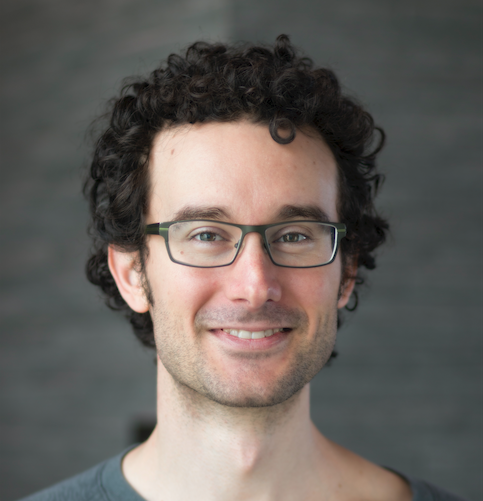
Nicholas Polizzi, Ph.D.
Most proteins function by first binding a ligand, such as another protein, peptide, or small molecule. The Polizzi laboratory aims to learn the rules of protein–ligand binding through the lens of de novo protein design. In de novo design, a protein’s structure and sequence are computed from first principles. This approach has seen much recent success for the creation of new protein shapes. However, the design of proteins that bind to specific ligands remains an outstanding challenge, due to the additional degrees of freedom introduced by a ligand and the subtle balance of energetics. In order to design functional proteins, we must first crack the “binding code.”
Our lab aims to tackle this challenge through a tight coupling of computation and experiment. We develop computational design methods that learn from protein structure and test these algorithms by making new ligand-binding proteins in the lab. We focus on designing proteins that bind to small molecules, as these are the most difficult targets for screening or immunization techniques. We build proteins that not only hone our design methods but also act as useful tools for biology, e.g., for metabolite sensing, proteome editing, and genetic-code expansion in mammalian cells. Ultimately, we hope that by cracking the ligand-binding code we open the door to the design of functional proteins not seen in nature.
Dr. Nicholas Polizzi received his PhD from the Department of Biochemistry at Duke University in 2016, where he worked on theory and time-resolved spectroscopic measurements of biological and abiological electron-transfer reactions. Through this work, he became interested in de novo protein design and did his postdoctoral studies in the laboratory of Bill DeGrado at the University of California, San Francisco, where he focused on developing new approaches for the accurate design of proteins that bind to small molecules. In the summer of 2022, he will start as an Assistant Professor in the Cancer Biology Department at Dana-Farber Cancer Institute.